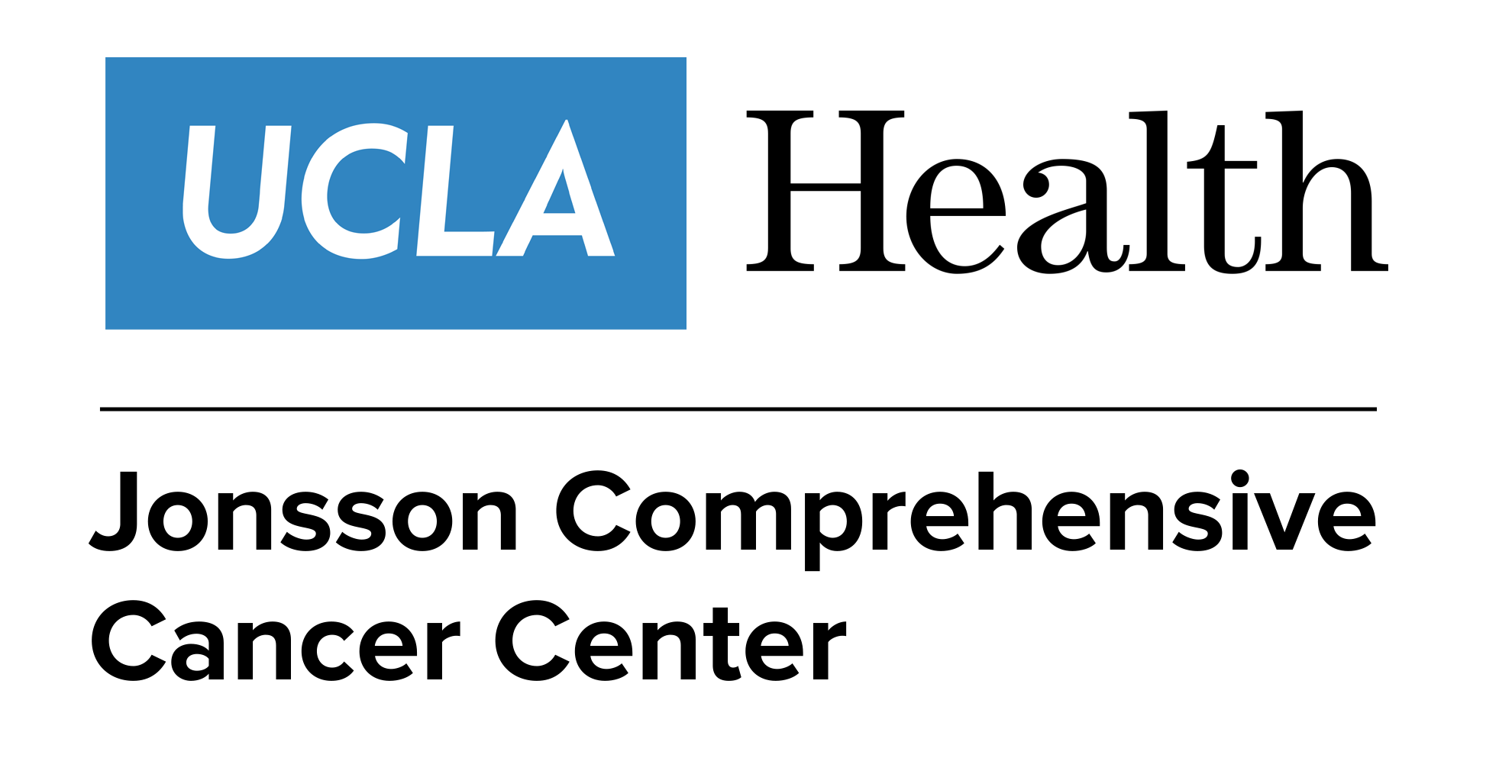- Advertise
- About OncLive
- Editorial Board
- MJH Life Sciences brands
- Contact Us
- Privacy
- Terms & Conditions
- Do Not Sell My Information
2 Clarke Drive
Suite 100
Cranbury, NJ 08512
© 2025 MJH Life Sciences™ and OncLive - Clinical Oncology News, Cancer Expert Insights. All rights reserved.
UCLA Health Jonsson Comprehensive Cancer Center | Strategic Alliance Partners
Latest from UCLA Health Jonsson Comprehensive Cancer Center
Dr. Schiller on JAK Inhibitors in Myelofibrosis
December 02, 2022
Video
Gary J. Schiller, MD, discusses the benefits and challenges associated with JAK-directed therapies in the treatment of patients with myelofibrosis.
Dr. Salani on the Role of HER2 Expression in Advanced Uterine Serous Carcinoma
November 22, 2022
Video
Ritu Salani, MD, MBA, discusses the role of HER2 expression on treatment decisions in advanced uterine serous carcinomas.
Dr. Hurvitz on the Evolution of Targeted Therapies in HER2+ Breast Cancer
November 17, 2022
Video
Sara A. Hurvitz, MD, discusses the evolution of targeted therapies in HER2-positive breast cancer.
Dr. Salani on Updates in Treating Endometrial Cancer
November 15, 2022
Video
Ritu Salani, MD, MBA, discusses updates in treating endometrial cancer.
Dr. Salani on the Role of Molecular Profiling in Endometrial Cancer Treatment
November 01, 2022
Video
Ritu Salani, MD, MBA, discusses the importance of histological subtyping and molecular profiling in developing treatment strategies and improving outcomes for patients with endometrial cancer.
Trastuzumab Deruxtecan Could Challenge Frontline Trastuzumab/Pertuzumab Combo in HER2+ Breast Cancer
October 27, 2022
Article
Sara A. Hurvitz, MD, discusses the evolving treatment paradigm in HER2-positive breast cancer, ongoing research in the space, and developments in the treatment of triple-negative breast cancer.
Dr. Karlan on Current Research Evaluating PARP Inhibitor Combination Therapy in Ovarian Cancer
October 18, 2022
Video
Beth Y. Karlan, MD, discusses the current landscape of research investigating the efficacy of PARP inhibitor combination therapies for the treatment of patients with ovarian cancer.
NCCN Guidelines Affirm New Options for Resectable NSCLC
June 01, 2022
Article
New systemic regimens are being integrated into the treatment paradigm for resectable non–small cell lung cancer in the neoadjuvant and adjuvant settings, expanding options for patients with earlier-stage disease who face a challenging prognosis.
Dr. Kroener on Utilizing Embryo Cryopreservation in Breast Cancer
May 12, 2022
Video
Lindsay L. Kroener, MD, discusses fertility preservation in patients with breast cancer.
TTX-030 Plus Budigalimab/mFOLFOX6 Induces Responses in PD-L1–Low Advanced Gastric/GEJ Cancer
April 12, 2022
Article
The addition of the investigational anti-CD39 antibody TTX-030 to frontline treatment with the PD-L1 inhibitor budigalimab and mFOLFOX6 was determined to be safe and tolerable in patients with locally advanced or metastatic HER2-negative gastroesophageal junction adenocarcinoma.
Hurvitz Highlights Practice-Changing DESTINY-Breast03 Data in HER2+ Metastatic Breast Cancer
April 08, 2022
Article
Sara A. Hurvitz, MD, medical oncologist and medical director at the Jonsson Comprehensive Cancer Center Clinical Research Unit, discussed pivotal findings in the HER2-positive treatment landscape that possess the potential to change practice.
Dr. Hurvitz on the Benefit of Trastuzumab Deruxtecan in HER2+ Breast Cancer with Brain Metastases
March 09, 2022
Video
Sara A. Hurvitz, MD, discusses the benefit of trastuzumab deruxtecan in a subset of patients with HER2-positive breast cancer and active brain metastases in the phase 3 DESTINY-Breast03 trial.
Dr. Hurvitz on the Clinical Implications of the DESTINY-Breast03 Trial in HER2+ Breast Cancer
March 08, 2022
Video
Sara A. Hurvitz, MD, discusses the clinical implications of the phase 3 DESTINY-Breast03 trial in HER2-positive breast cancer.
Risk-Adaptive Approaches Offer Safer, Effective Strategies for Early-Stage HER2+ Breast Cancer
March 05, 2022
Article
The integration of HER2-targeted therapies into the treatment paradigm for patients with early-stage breast cancer, specifically the standard trastuzumab, has shifted focus away from whether patients should receive to how and when they should receive treatment with these agents.
Dr. Hurvitz on Utilizing CDK4/6 Inhibitors in HR+ Breast Cancer
March 04, 2022
Video
Sara A. Hurvitz, MD, discusses utilizing CDK4/6 inhibitors in hormone receptor-positive breast cancer.
Hurvitz Reviews Pivotal Data From 2021, Previews Year Ahead in HER2+ Metastatic Breast Cancer
March 03, 2022
Podcast
Dr Hurvitz sheds light on shifts in practice patterns in HER2-positive breast cancer in light of data that emerged in 2021, remaining questions regarding treatment sequencing, the importance of updates to the National Comprehensive Cancer Network guidelines in metastatic HER2-positive breast cancer, and future directions to keep an eye on in 2022.
Dr. Hurvitz on Progress Made With Antibody-Drug Conjugates in HER2+ Breast Cancer
January 31, 2022
Video
Sara A. Hurvitz, MD, discusses progress made in 2021 with antibody-drug conjugates in HER2-positive breast cancer.
Dr. Eakin on Racial Disparities in Uterine Cancer
January 31, 2022
Video
Cortney Eakin, MD, discusses racial disparities and histology trends in uterine cancer.
Increasing Rate of High-Risk Endometrial Cancer in Black Women Prompts Questions Into Underlying Causes
January 30, 2022
Article
Cortney Eakin, MD, discusses alarming trends in uterine cancer histologies in Black women and some of the potential underlying risk factors at play.
UCLA Study Finds Combination Therapy Suppresses Pancreatic Tumor Growth in Mice
January 27, 2022
Article
UCLA Jonsson Comprehensive Cancer Center researchers have uncovered a potential new way to target pancreatic tumors that express high intratumoral interferon signaling


